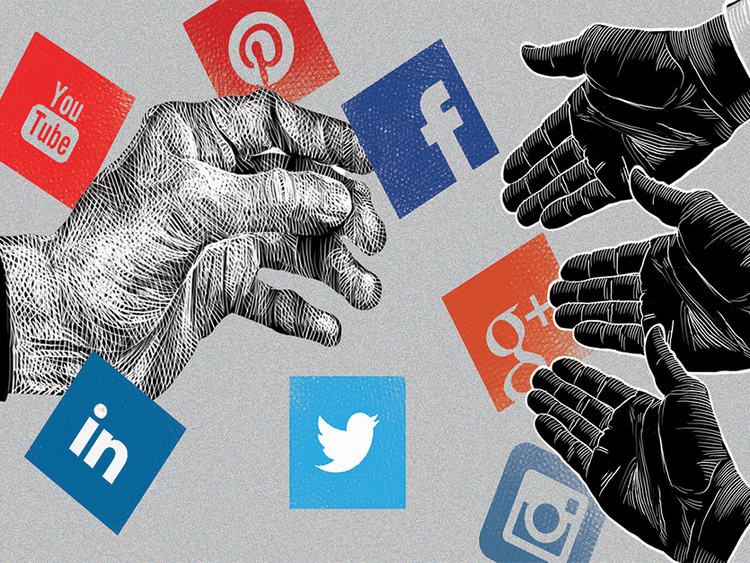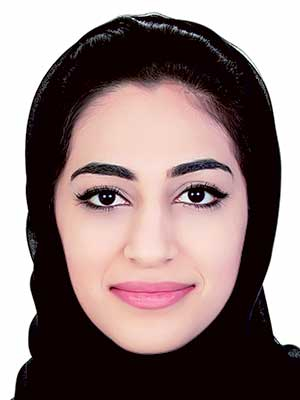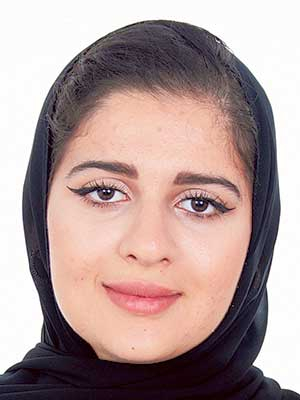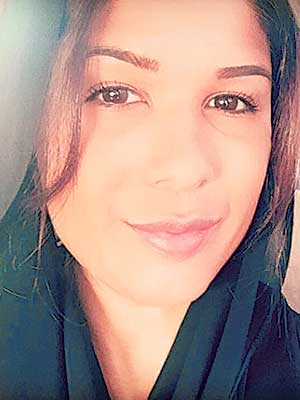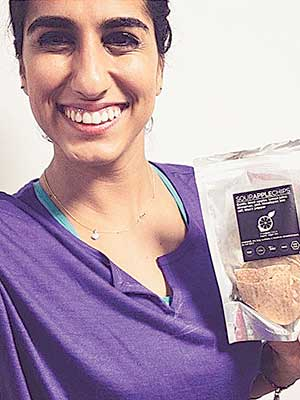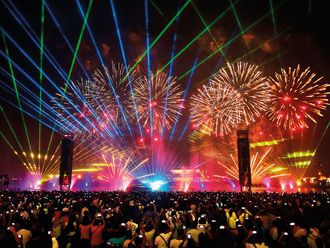Dubai: The transformation of the UAE as one of the most dynamic countries in the world is accelerated, among other things, by its true understanding of technology’s empowering capacity.
Just as the government is raising the bar on smart initiatives, Emiratis are also using technology, especially social media, to create a powerful communication platform from which they can address their concerns and ideas to the region and world.
Emirati youth speaking to Gulf News referred to social media apps such as Facebook, Instagram, and Twitter as tools for change.
With more government departments and entities switching to social media as one of their main sources of communication with the public, residents are finding it easier to receive the country’s latest announcements and voice their opinions about a variety of social issues and events.
Space to solve issues
|
|
Deema Al Shamsi |
“Through social media, the government provides that space to its people and they also listen to concerns and do their best to help people out and ease their processes,” said Emirati Deema Al Shamsi, 22.
With social media sitting in everyone’s pockets, it has kept people around the world constantly connected and aware of the latest news, public opinions and upcoming events.
“People tend to reach out to their phones every hour to check their social media accounts and comment on current issues. I barely watch news on TV any more, it is always online and people always have something to say in the comments section,” she said.
The International Studies university student said she mainly uses social media to monitor general news updates, and follows accounts of organisations in the UAE to stay updated on their latest events and calls for volunteers.
“Being able to comment on everything stimulates youths’ minds, making them want to read and learn more about opposing views, different cultures and new ideas. As our generation reads newspapers a lot less, and prefers to check social media on a daily basis, it makes such apps an excellent platform to raise awareness on issues through easy accessibility,” said Al Shamsi.
She explained that in the face of many misconceptions about UAE laws, tourists and foreigners can now log on to a social media site and see how “welcoming and culture-embracing the UAE really is”.
“I often post pictures of places in the UAE and tag their locations such as museums, architecture that captured my eyes, events that are planned by Emiratis,” said Al Shamsi.
|
|
Roudha Ahli |
Roudha Ahli, 21, another Emirati university student, said she uses social media for different reasons, including sharing parts of her experiences with others. “I share events such as the summits and debates I take part in, and volunteering experiences, as well as the travels I go on. I think it’s really important to set an example for the younger generations, for them to see that there is more to life than Cartier and Van Cleef,” said Ahli.
The international relations student said social media sites such as Twitter and Facebook are often the first to break big news stories, from earthquakes to plane crashes.
“I also use social media to follow local philanthropic organisations such as Dubai Cares, 1971, and Social Bandage in order to get updates on volunteering opportunities,” said Ahli.
She pointed out that social media provides a platform not only to share memes and comical videos, but also to bring about real change in society.
Relevant issues
“Today, more than ever, Emiratis have the potential to discuss relevant issues, from the need for innovation to the unwarranted cost of weddings with a click of a button. In doing so, we raise awareness of the struggles that we as individuals, and as a nation, face in order to make better decisions and improve the society we live in,” added Ahli.
She described social media as a means that allows for a bridge of communication between citizens and the government in a variety of ways. “One example is the Dubai Police Twitter app in which people get to report unlawful behaviour or any issue regarding their safety and security. Another recent example is the Youth Aspirations Survey that was sent by the Emirates Youth Council through social media to explore the views, challenges, and aspirations of the youth in the UAE,” Ahli noted.
She referred to social media as a productive way to represent Emiratis’ real identities and talents.
“I have friends from all over the world that follow me on social media, and it’s a wonderful way to reflect UAE’s openness and tolerance when they get to witness how educated and respectful Emirati women are. I always share my pride and love for my country and how far we’ve accomplished,” said Ahli.
|
|
Omar Al Mutawa |
Just the same, Emirati Omar Al Mutawa, 22, said he believes social media plays a role in maintaining the UAE’s existing positive image.
Just like many other Emirati youth, Al Mutawa uses social media sites to stay updated with the latest news, however he believes that the role of such sites has been overstated.
“I am not sure if social media is a good way for the public to raise concerns with government departments, but it is certainly a convenient one for many people. It is faster than sending an email or filling an online form,” he said.
Al Mutawa referred to the Ministry of Foreign Affairs as a government entity that is active on social media.
Along with following news accounts on Facebook and Twitter, the university student said he also uses his social media accounts to send greetings and wishes to others on occasions such as National Day.
|
|
Maha Al Ameri |
Another Emirati, Maha Al Ameri, 23, said she feels that social media has created a new way to invite the world to find out more about her country.
“We interact with communities outside the UAE through social media, which allows other countries to see us not only through the news but also through how individuals voice themselves, and their interests, and the different experiences people have every day,” she said.
Al Ameri said she believes that each type of social media plays an effective role in voicing opinions and raising awareness about topics depending on the purpose of its use.
“I feel political and cultural topics, or even opinion-based topics, are better suited on Twitter rather than, for example, Facebook, which is used more for reactions,” she said.


